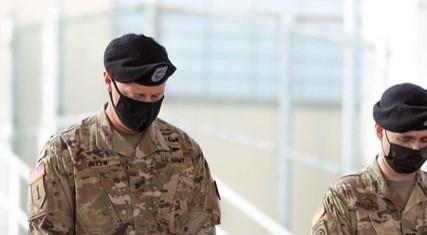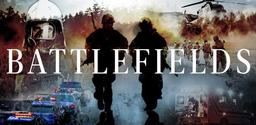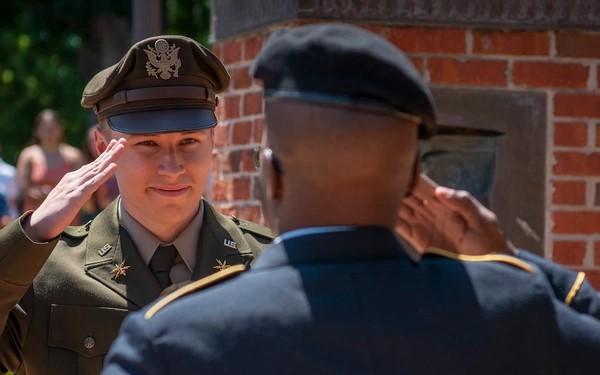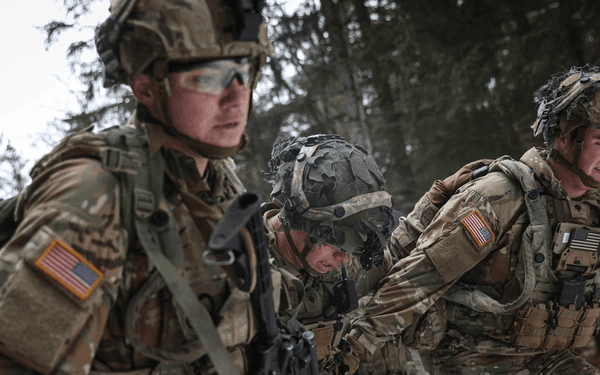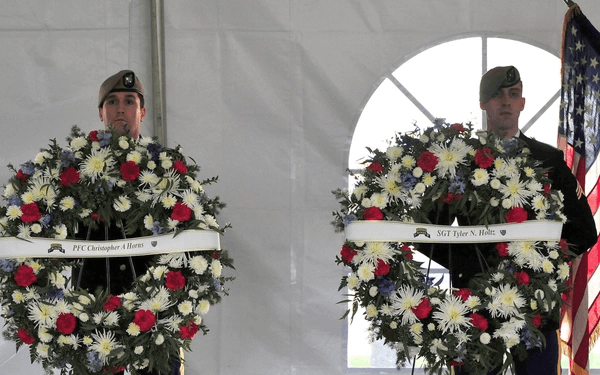Commentary
On April 25, 2012, I experienced a rare, but significant tactical defeat in Afghanistan. Since then, my career and outlook stem from the events of that day. I was the Battle Company commander in the 1-508 Parachute Infantry Regiment, leading my Soldiers through a seven-month deployment in a highly contested area of Kandahar Province in the southern part of the country.
